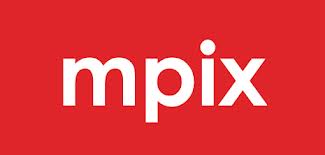Researching Employers
Why should you research employers?
To effectively sell yourself as a job candidate, you need to be able to persuade the employer that you are a fit for that employer's needs. Even when the job market is great for job seekers, employers aren't going to interview and hire candidates who are not a match for their needs.
You can't present yourself — in cover letters or interviews — as a match for the employer's needs if you don't know enough about the employer to do so.
By doing research, you get information to decide which employers to contactt. Rather than sending fifty letters/e-mails and resumes to employers you know little to nothing about, send ten letters and resumes to employers you know something about and with whom you have a greater chance of securing an interview. Targeted letters, individualized to the recipient are more effective than "form" letters — you know a form letter when you receive one; employers do too.
In interviews, employers expect you to arrive knowing background information about the organization. If you don't, you look like you're not really interested in the job. You have to be able to answer the critical question of why you would like to work for that employer — and not sound like you would take any job.
Research helps you formulate intelligent and appropriate questions to ask in your interview.
How to research specific employers
Talk to people: Find people who work for or know about the organization. This could be people you meet at a career fair, family members, neighbors, parents of friends, students who graduated ahead of you, and alumni contacts.
The employer's website: This is a no-brainer! Look for basic facts, information about mission, culture, values and more. If the website posts jobs and/or the organization invites e-mail from job seekers and/or accepts resumes online, follow the instructions the employer provides.
Internet research: Note sources of information you find and gauge the credibility of those sources.
Call or write the organization and ask for information AFTER you've searched for it elsewhere. This is perfectly appropriate to do if you simply cannot find information about the organization through their website, or if the information is not clear. If you have an interview scheduled with an employer, the employer should have already provided information (website, brochures, etc.); if not, by all means, ask for this.
Be careful. If you e-mail with a question the answer to which you could have found online with a little effort, you'll be perceived negatively as a potential employee (lazy, not smart....). As a potential employee, you want to be perceived as a person who does work, not creates more for someone else.




